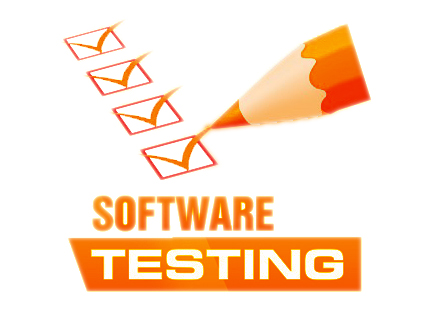Search posts by keywords:
Filter posts by author:
Related NEAT Reports
Other blog posts
posted on May 19, 2017 by Dominique Raviart

There continues to be momentum in software testing, with many IT services vendors investing in automating different steps in the software development lifecycle (SDLC), notably through the creation of testing platforms. Platforms, involving the integration of open source software, COTS, and proprietary accelerators, are redefining the testing industry. Gradually, vendors are expanding the scope of their platforms across the full SDLC from traditional testing to digital activities.
But there is much more than SDLC automation happening in the world of software testing. Vendors are also looking at other ways of making test automation more effective. NelsonHall has commented before on how some IT services vendors are focusing on statistical approaches such as MBT to lower the number of test cases to maintain and execute. And several are trying to make sense of the wealth of data coming from defect management software, production logs, and ITSM tickets to identify areas for improvement in software applications.
Automation for Manual Testing
NelsonHall has seen less vendor activity around manual test case creation and execution. In a recent blog, we highlighted that manual testing still represents 80% of testing activities.
Tech Mahindra recently explained to NelsonHall how it is addressing manual testing with its Manual Test Author (MTA) accelerator. The primary objective of MTA is to drive standardization of manual test cases through a shared taxonomy, and through the use test object libraries. This standardization aims to make manual test cases clearer and more actionable. The output of MTA is an Excel spreadsheet, with step-by-step procedures for completing a test case. With MTA, Tech Mahindra is pursuing test automation, specifically targeting continuous testing in agile development and testing projects.
MTA relies on a GUI approach, where the business user is going through its test case on the application to be tested. It records user action, writes them into an English-based syntax, and allows exports into Microsoft Excel and HPE ALM, as well as execution in HPE’s UFT.
Tech Mahindra claims that MTA allows the creation of manual test cases in 15 minutes (compare with 30 to 45 minutes for purely manual test creation). MTA works for several technologies including J2E, HTML 5 applications as well as SAP applications - support for .NET technology is in the roadmap. Tech Mahindra released MTA three months ago, and is currently in discussions with clients for PoCs.
Test Script Creation
Tech Mahindra has a complementary accelerator to MTA, eTA. The purpose of eTA is to take manual test cases and to generate scripts, for execution in HPE UFT. eTA takes manual test cases created in three formats: MTA, its own eTA format (Microsoft Excel), and from HPE Sprinter.
Like MTA, eTA has its own object library and currently accommodates applications written in HTML 5, J2E, and .NET, as well as SAP and Oracle Applications. Next on the roadmap is support of Worksoft Certify.
Like MTA, eTA is a recently developed accelerator, having been launched in mid-2016. To date, Tech Mahindra has ten clients where it uses eTA is used as part of its testing service. Tech Mahindra it reduce test script creation down to 30 minutes, including test script generation in under a minute.
Broader Application of RPA Coming Soon
With MTA and eTA Tech Mahindra is taking an RPA-approach to manual test cases. Generally, we are seeing more vendor interest in deploying RPA tools within software testing; currently, this is work in progress. Looking ahead, we expect to see in the near future a broader application of RPA in the delivery of testing services.
